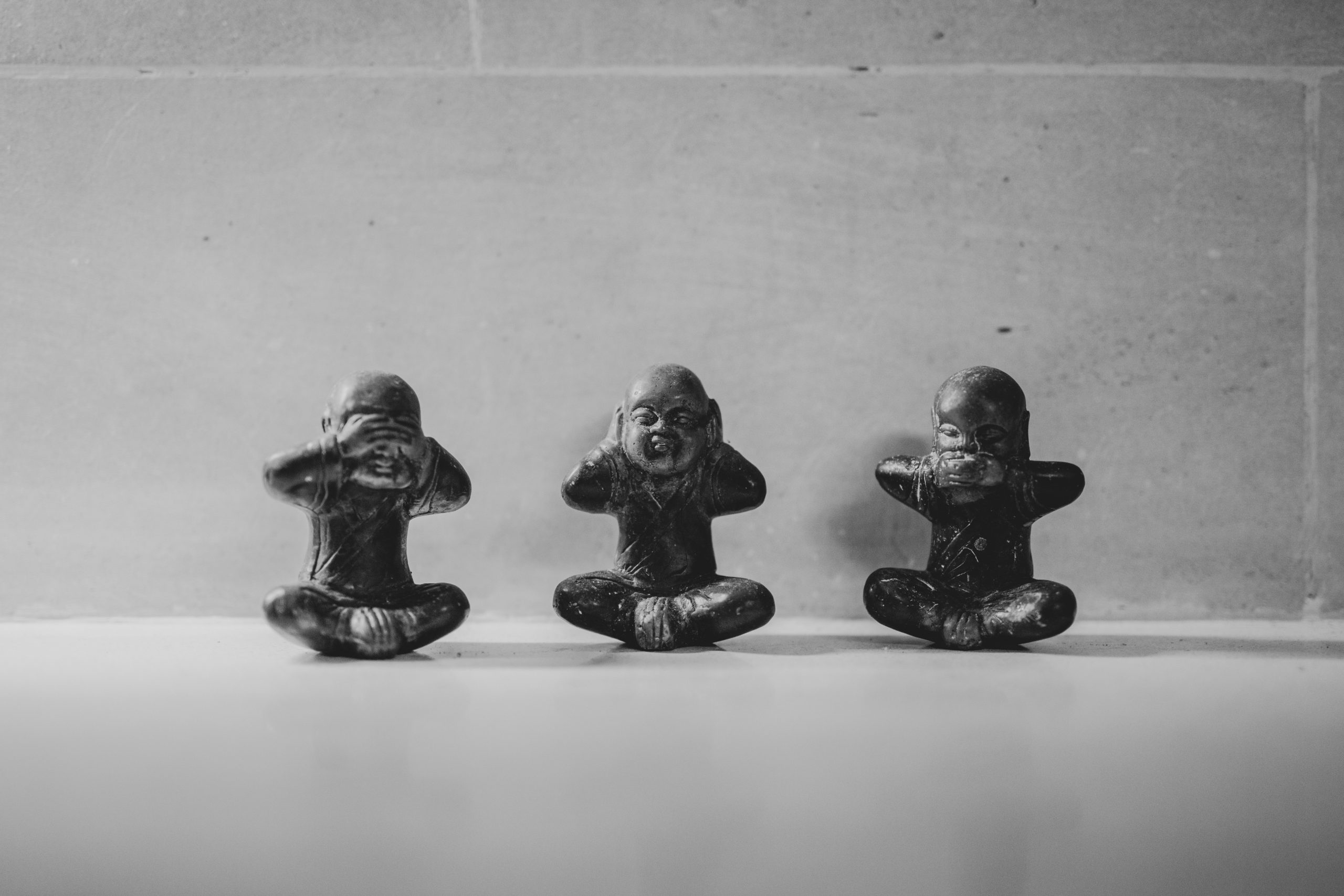Fasting As An Entry Into A Transcendent Cosmic Realm
In a world fragmented by postmodern uncertainty and angst, where does one find substance and meaning beyond fleeting subjectivity? Even before that, let us start with a recognition that there is indeed a crisis of meaning in the modern world and that its root causes are spiritual. And, as neo-liberal consumer culture commodifies existence, the immediate question that strucks one’s conscience is: has the human self lost its metaphysical grounding? Kierkegaard’s (Danish theologian, philosopher, poet, and social critic) argument further augments this assertion when he says that the most dangerous thing in this world is to “loose oneself.” In the absence of critical consciousness, the Muslim subject finds itself operating in spaces that are not of its own making and under the illusion that it is free.
In his book The Rise and Triumph of the Modern Self, Carl Trueman explores the same question—how modern identity has shifted from a stable, community-rooted self to a fluid, ‘expressive individualism’—a term that Charles Taylor coined—that prioritizes immediate material realities over external truths. He argues how the rise of this modern self-expressive human subjectivity was predicated on fundamental changes in how the self is understood. And, as the end product of this modern project, he asserts, lies the following progression:
“The self must first be psychologized; psychology must then be sexualized; and sex must be politicized.”
Also, in his luminous essay, ‘No Activity Without Truth’, Frithjof Schuon further complicates this question:
“That which is lacking in the present world is a profound knowledge of the nature of things; the fundamental truths are always there, but they do not impose themselves because they cannot impose themselves on those unwilling to listen.”
Those truths, so often derided in the modern world, can be found in tradition—and by this term we mean something very different from the jaundiced senses it has accumulated in the modern mentality (‘the blind observance of inherited customs’, and the like).
Quranic Paradigm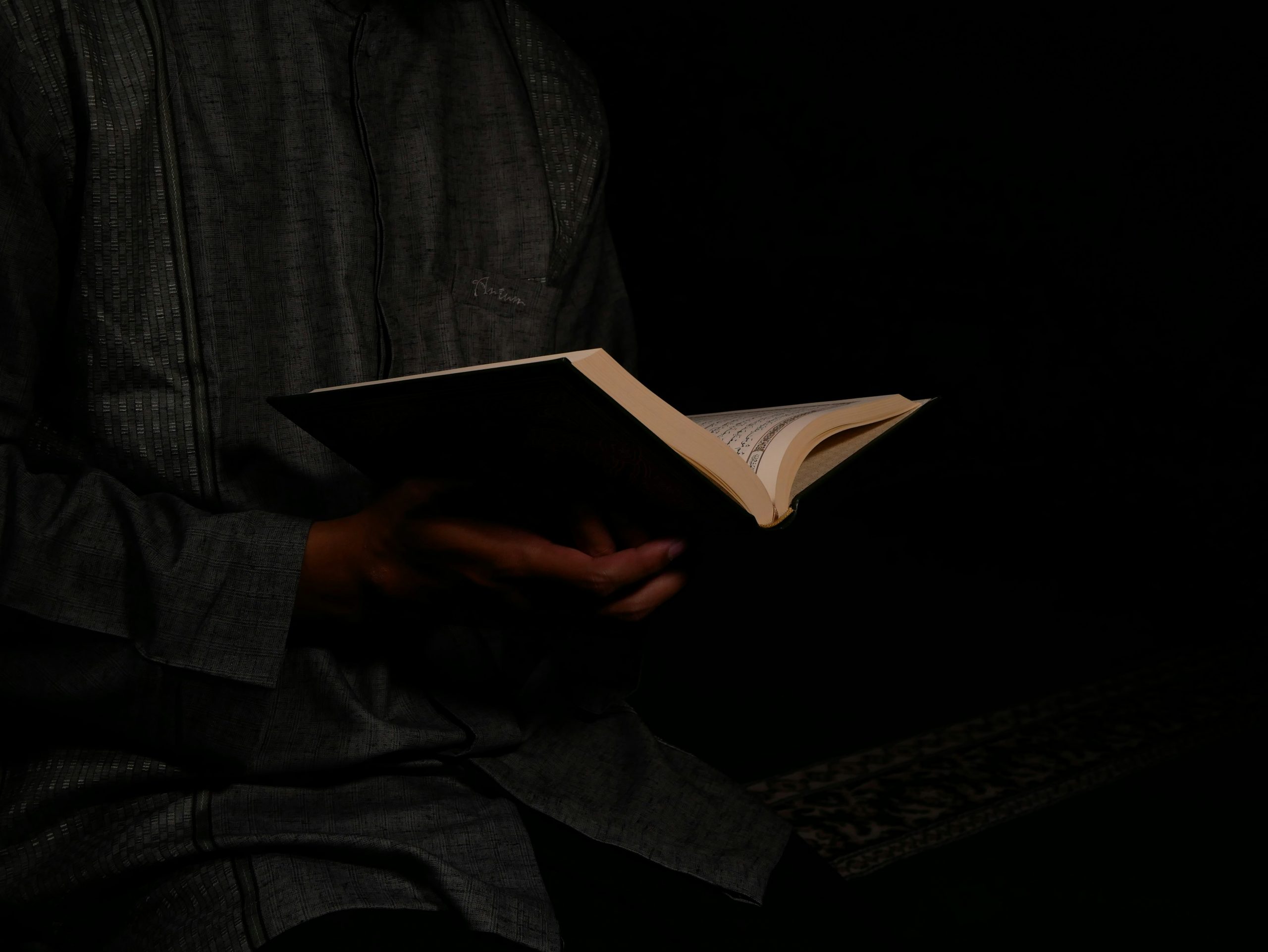
“The Qur’anic paradigm of selfhood is not one of perpetual reinvention based on psychological impulses but of disciplined refinement through divine remembrance” [PC: Masjid Pogung Dalangan (unsplash)]
In contrast to this prelude, we analyze how the Qur’an foregrounds a critical ontological paradigm—one that situates human subjectivity within the orbit of divine sovereignty. The enactment of sacred law and submission to a transcendent metaphysical order constitute a counter-hegemonic force against the neoliberal ethos of neo-liberalism and expressive individualism. Within this framework, fasting is not a mere ascetic discipline but a radical ontological rupture—a recalibration of the self that dismantles the regime of desire and the fictive constructs of modern identity. Against the imperative of self-authorship, fasting inaugurates an antinomian freedom: a negation of corporeal appetites that paradoxically affirms the primacy of divine transcendence. The Qur’anic paradigm of selfhood is not one of perpetual reinvention based on psychological impulses but of disciplined refinement through divine remembrance.This process of purification aligns with Ibn Arabi’s view of the self as a divine mirror, reflecting God’s attributes through continual self-realization. For Ibn Arabi, the true self is not shaped by psychological impulses or societal constructs but is a direct reflection of the Divine. Fasting, in this context, serves as a means of purifying the heart (tazkiyah) and removing the veils that obscure the Divine Light, aligning the self with its ultimate source. As the Qur’an states:
“Is he who was dead, and We gave him life and set for him a light whereby he walks among people, like him whose similitude is in darkness, whence he cannot emerge?” [Surah Al-An‘am; 6:122]
The Pursuit of Spiritual Purity and the Ideal ModelThus, fasting emerges as an ascetic technology of the self—one that not only purifies but also functions as a metaphysical conduit to transcendence. Through an ontological attunement to the divine attributes, the self undergoes a process of de-subjectification, severing its entanglement with the epistemic crises of modern skepticism. In this reconfiguration, fasting reorients human interiority toward the eternal luminosity of the Divine, reinstating a metaphysical anchoring that subverts the atomized self of late modernity and reconstitutes subjectivity within the horizon of the sacred.
In one’s journey of faith, the search for spiritual purification and transcendence is a constant endeavor. But have you ever considered an exemplary model that surpasses human limitations? Let us reflect upon a luminous, cosmic paradigm that transcends worldly dimensions and offers guidance through its radiant presence.
This model is none other than the realm of the angels—beings created from pure light, free from sin, devoid of base desires, and unburdened by human needs such as food, drink, or reproduction. They exist in perpetual obedience to the Divine, as Allah  states:
states:
“And they say, ‘The Most Merciful has taken a son.” Exalted is He! Rather, they are [but] honored servants.”
“They do not precede Him in speech, and they act only by His command.” [Surah Al-Anbiya’; 21:26-27]
The deeper we delve into the concept of faith in angels, the more we find ourselves immersed in a realm of spiritual beauty that manifests the grandeur of the Creator and instills within our souls a profound sense of belief in the unseen.
The Connection Between Humans and AngelsOne may wonder: is it possible to attain such a level of spiritual purity? How can a human being compare to the angels? While angels are unique entities of the unseen realm, and Allah  creates what He wills beyond human comprehension, there exists an intrinsic relationship between humankind and the angelic order—one that traces back to the very creation of Adam
creates what He wills beyond human comprehension, there exists an intrinsic relationship between humankind and the angelic order—one that traces back to the very creation of Adam  . When Allah
. When Allah  commanded the angels to prostrate before Adam, it was a recognition of the noble essence imbued within the human soul—an essence capable of love and devotion to the Divine. As the Qur’an states:
commanded the angels to prostrate before Adam, it was a recognition of the noble essence imbued within the human soul—an essence capable of love and devotion to the Divine. As the Qur’an states:
“When your Lord said to the angels, ‘Indeed, I am creating a human being from clay.”
“So when I have proportioned him and breathed into him of My Spirit, then fall down in prostration to him.”
“So the angels all prostrated together.” [Surah Sad 38:71-73]
Fasting: A Divine Invitation to Spiritual Elevation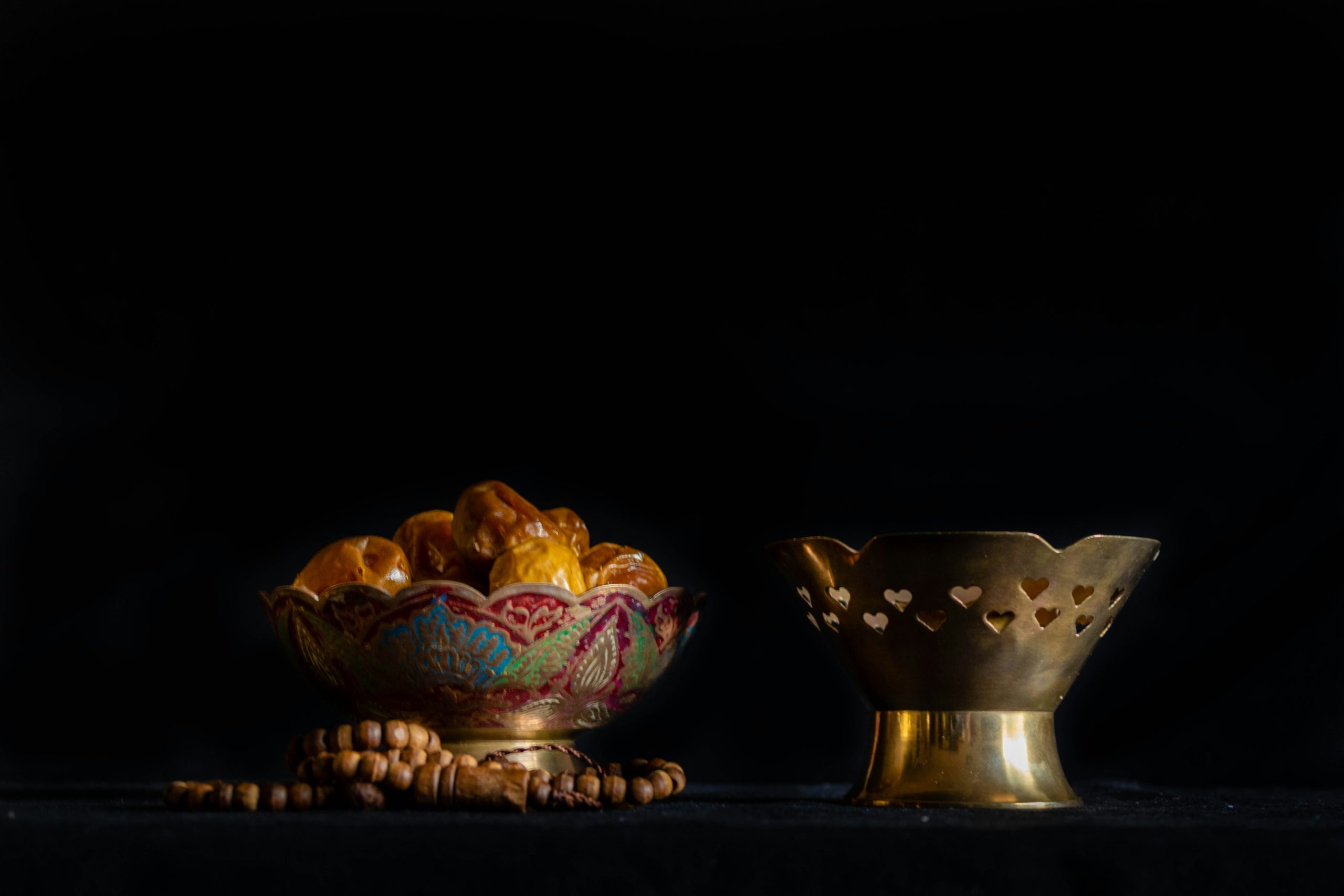
“Through fasting, the soul ascends, joining the celestial ranks of the luminous angelic beings.” [PC: Abdullah Arif (unsplash)]
Have you recognized how deeply Allah loves you? He has granted you an opportunity to taste this state of spiritual purity, not as an abstract concept, but as a lived experience. This opportunity unfolds over an entire month—wherein you abstain from food, drink, and desires from dawn until sunset, liberating yourself from the constraints of the body. This profound meaning is reflected in the divine hadith:
loves you? He has granted you an opportunity to taste this state of spiritual purity, not as an abstract concept, but as a lived experience. This opportunity unfolds over an entire month—wherein you abstain from food, drink, and desires from dawn until sunset, liberating yourself from the constraints of the body. This profound meaning is reflected in the divine hadith:
“Every act of the son of Adam is for him, except for fasting—it is for Me, and I alone shall reward it. He abandons his food, drink, and desires for My sake.” [Sahih al-Bukhari & Muslim]
Through fasting, the soul ascends, joining the celestial ranks of the luminous angelic beings. However, a fundamental distinction remains: while angels are created in a state of inherent obedience, you consciously choose this spiritual discipline through struggle and devotion. This conscious elevation is a manifestation of divine honor, as Allah  declares:
declares:
“And We have certainly honored the children of Adam, and carried them on land and sea, and provided them with good things, and preferred them over much of what We have created, with clear preference.” [Surah Al-Isra’ 17:70]
Thus, fasting is not merely an act of abstinence but a transformative ascent, elevating the human condition beyond its earthly limitations.
The Parallels Between Angelic Existence and FastingAngels are entirely devoted to Allah  , detached from worldly distractions, and engaged in ceaseless worship. They do not deviate from divine command, as the Qur’an describes:
, detached from worldly distractions, and engaged in ceaseless worship. They do not deviate from divine command, as the Qur’an describes:
“O you who have believed, protect yourselves and your families from a Fire whose fuel is people and stones, over which are [appointed] angels, harsh and severe; they do not disobey Allah in what He commands them but do what they are commanded. [Surah Al-Tahrim; 66:6]
In a similar manner, fasting begins with the renunciation of food, drink, and desires, but it extends far beyond these physical abstentions. Over the course of a month, the believer undergoes an internal transformation, distancing themselves from sinful inclinations and training the soul in swift obedience to divine commands. The discipline of fasting cultivates a state of heightened spiritual awareness, where the soul detaches itself from all distractions except for the remembrance of Allah
.
This process mirrors the angelic state, for they are not merely free from physical sustenance but from all forms of disobedience and negligence. Thus, fasting is a passage from the visible realm (ʿĀlam al-Shahāda) to the unseen world (ʿĀlam al-Ghayb), bridging the gap between what is known and what lies beyond perception. It allows the believer to witness its external manifestations while simultaneously embarking on a metaphysical journey into the unseen, achieving a radical transformation in their spiritual consciousness.
Fasting as a Response to the Crisis of Modern SubjectivityIn an age where modern subjectivity is fractured by hyper-individualism and material excess, fasting emerges as a radical act of resistance—a return to a higher order that transcends the crisis of hyper-sensory immediacy. The human self, lost in the abyss of consumerism and nihilism, finds renewal in the discipline of fasting, reclaiming a sense of purpose beyond fleeting desires.
For Ibn Arabi, the self is in perpetual unveiling, a mirror reflecting divine attributes, yet veiled by the distractions of the lower world. Fasting, then, is not merely abstinence but an ontological purification, a stripping away of illusion to reveal the self’s primordial connection to the Divine. By mirroring the angelic order, fasting reminds us that true freedom is not in indulgence but in surrender, for as Ibn Arabi states, “When the soul is purified, it perceives with the light of God.” It is in this conscious transcendence that the believer reorients existence, bridging the seen and unseen, rekindling faith.
Let me conclude with some beautiful lines from Rumi to which I have returned many times on my own faltering journey:
“Come, come, whoever you are. Wanderer, worshiper, lover of leaving. It doesn’t matter. Ours is not a caravan of despair. come, even if you have broken your vows a thousand times. Come, yet again, come, come.”
Related:
– Why We Fast: The Theological Danger Of Awkward Apologetics
– The Ramadan Of The Early Muslims I Sh Suleiman Hani
The post Fasting As An Entry Into A Transcendent Cosmic Realm appeared first on MuslimMatters.org.


 “Those who have believed and whose hearts are assured by the remembrance of Allah. Unquestionably, by the remembrance of Allah hearts are assured.” [Surah Ar-Ra’d: 13;28]
“Those who have believed and whose hearts are assured by the remembrance of Allah. Unquestionably, by the remembrance of Allah hearts are assured.” [Surah Ar-Ra’d: 13;28]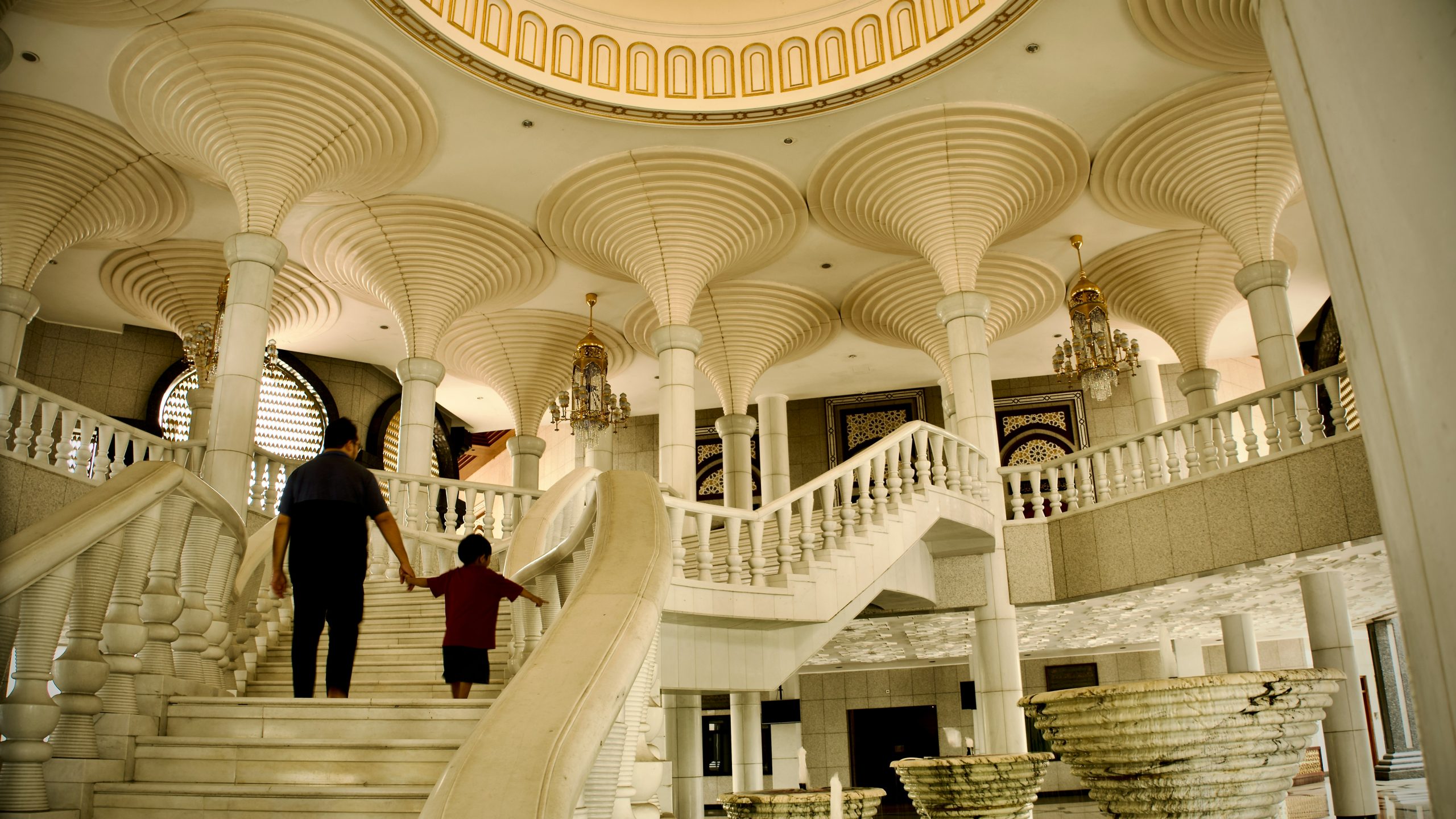
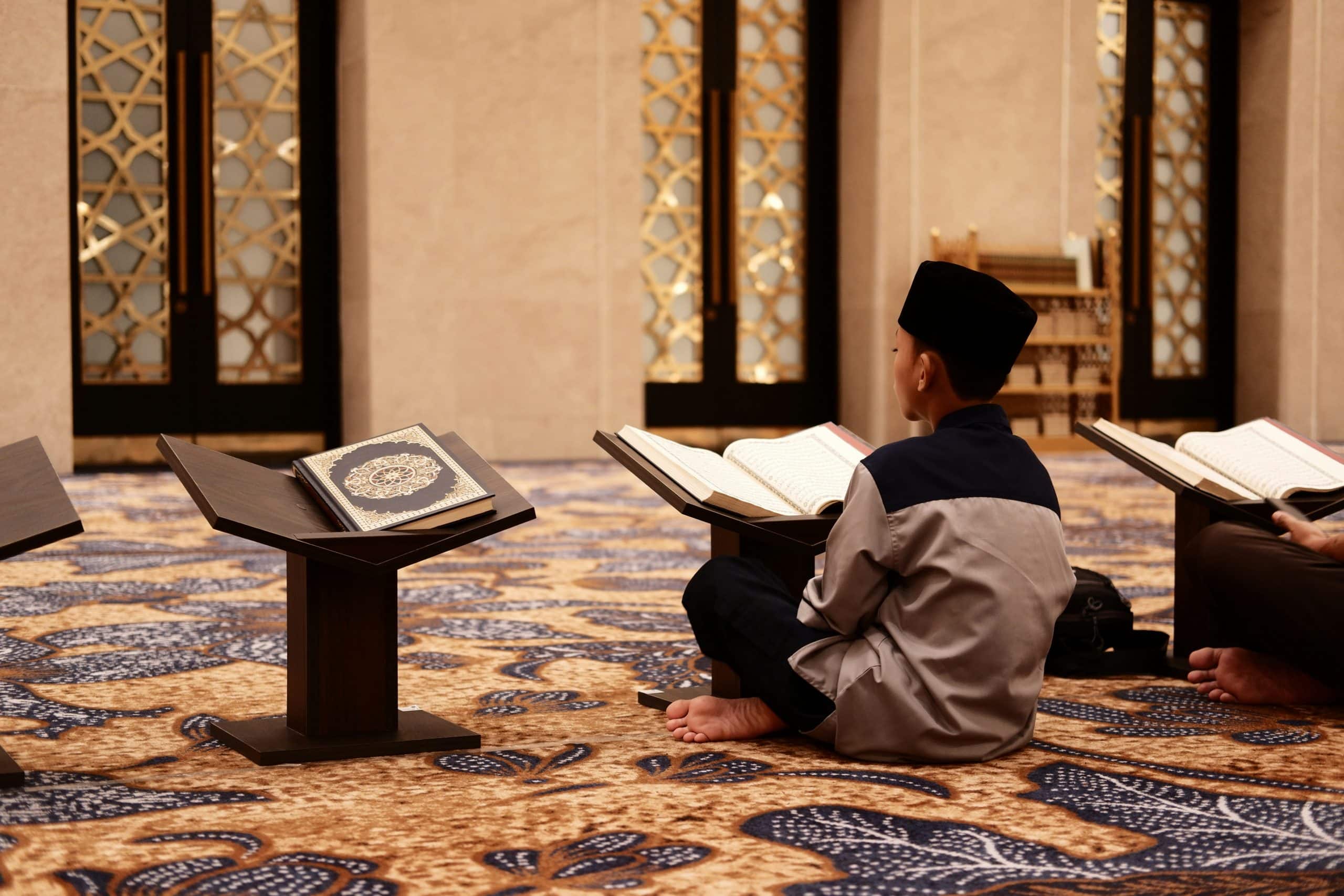
 A woman eating a salad and gesturing animatedly with a fork had dropped her cloth napkin onto the floor. Cloth napkins were a vanity for a diner, but Jug, the owner, liked to call the place a “diner plus.” You could get a burger and fries, but you could also get a gourmet tuna melt with albacore and chopped artichoke hearts, or a chocolate shake with hazelnut syrup. Hey, Amina wasn’t complaining. The prices were higher than most diners, which meant her tips were higher too.
A woman eating a salad and gesturing animatedly with a fork had dropped her cloth napkin onto the floor. Cloth napkins were a vanity for a diner, but Jug, the owner, liked to call the place a “diner plus.” You could get a burger and fries, but you could also get a gourmet tuna melt with albacore and chopped artichoke hearts, or a chocolate shake with hazelnut syrup. Hey, Amina wasn’t complaining. The prices were higher than most diners, which meant her tips were higher too. The hostess, Julissa, motioned to her. “Five-top in the back booth. Interesting group.” This was a reference to the number of guests seated at the table. A two-top table had two people, a four-top table had four, and so on. It was shorthand for the hostess to alert the server when a table in their section had been sat with new guests.
The hostess, Julissa, motioned to her. “Five-top in the back booth. Interesting group.” This was a reference to the number of guests seated at the table. A two-top table had two people, a four-top table had four, and so on. It was shorthand for the hostess to alert the server when a table in their section had been sat with new guests.
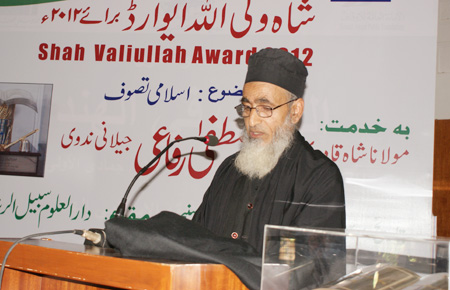
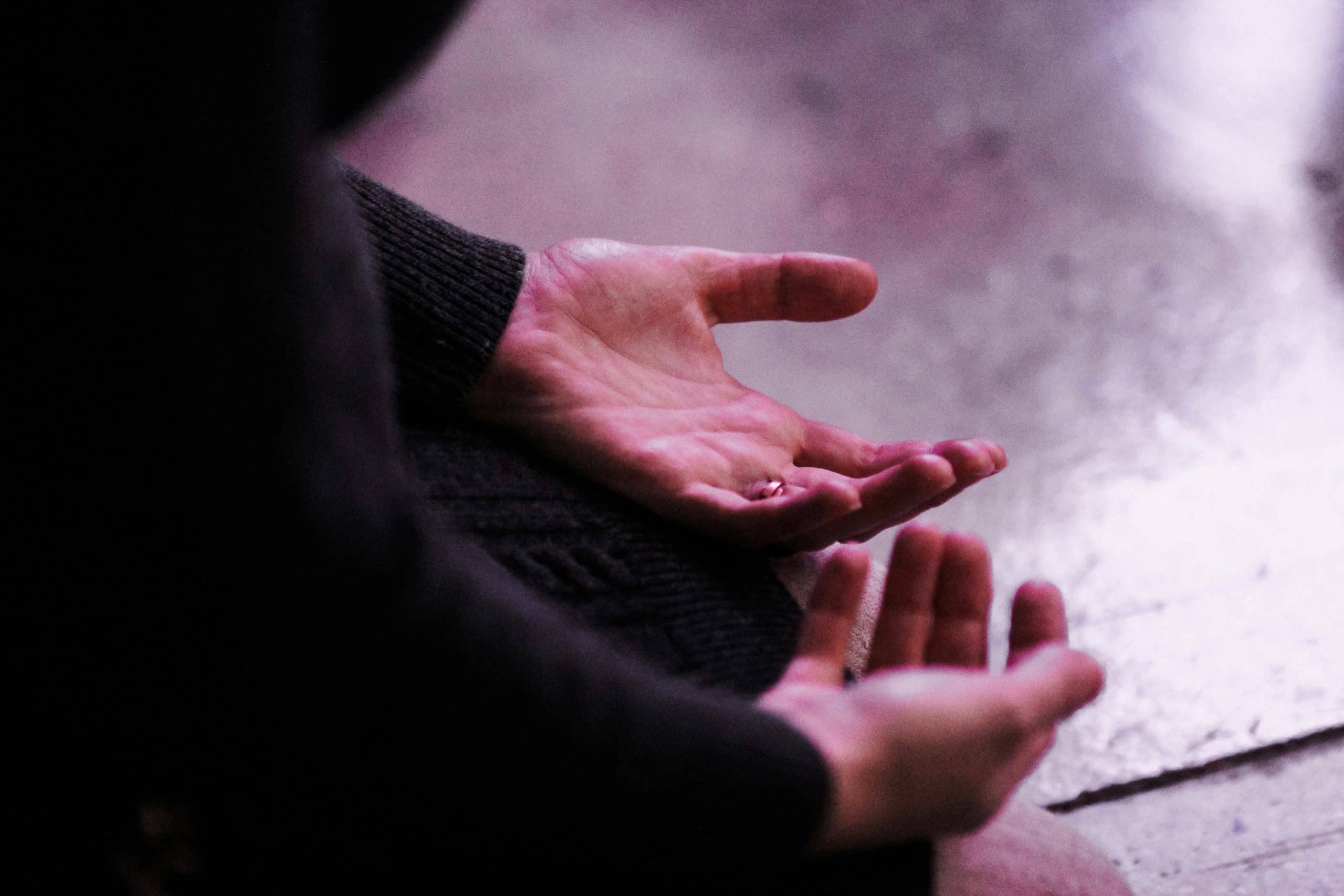
 , the Companions, and the Revivers (Mujadidin) in the centuries after Prophethood. What made this prayer spiritually irresistible at night is deeply experiential. Even the full extent of the reward is a mystery. We know that habitual worship for Allah’s
, the Companions, and the Revivers (Mujadidin) in the centuries after Prophethood. What made this prayer spiritually irresistible at night is deeply experiential. Even the full extent of the reward is a mystery. We know that habitual worship for Allah’s 



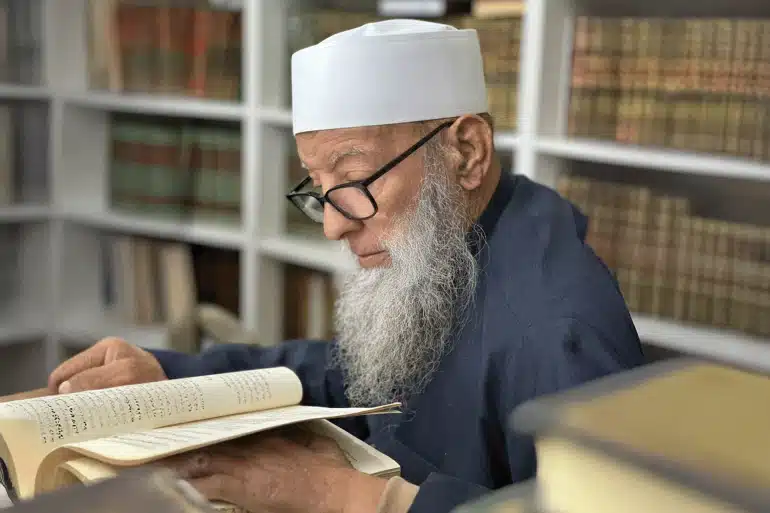
 I realized that I’m getting a pretty sweet deal if I play the game right this Ramadan, and instead of fighting it or begrudgingly accepting it as I’ve done for the past six years I’ve been a mom, I’m embracing it for the first time with positivity and optimism. This to me is the game changer this year that I’m hoping will make my Ramadan feel sacred and special because I’m a SAHM, and not in spite of it.
I realized that I’m getting a pretty sweet deal if I play the game right this Ramadan, and instead of fighting it or begrudgingly accepting it as I’ve done for the past six years I’ve been a mom, I’m embracing it for the first time with positivity and optimism. This to me is the game changer this year that I’m hoping will make my Ramadan feel sacred and special because I’m a SAHM, and not in spite of it. 
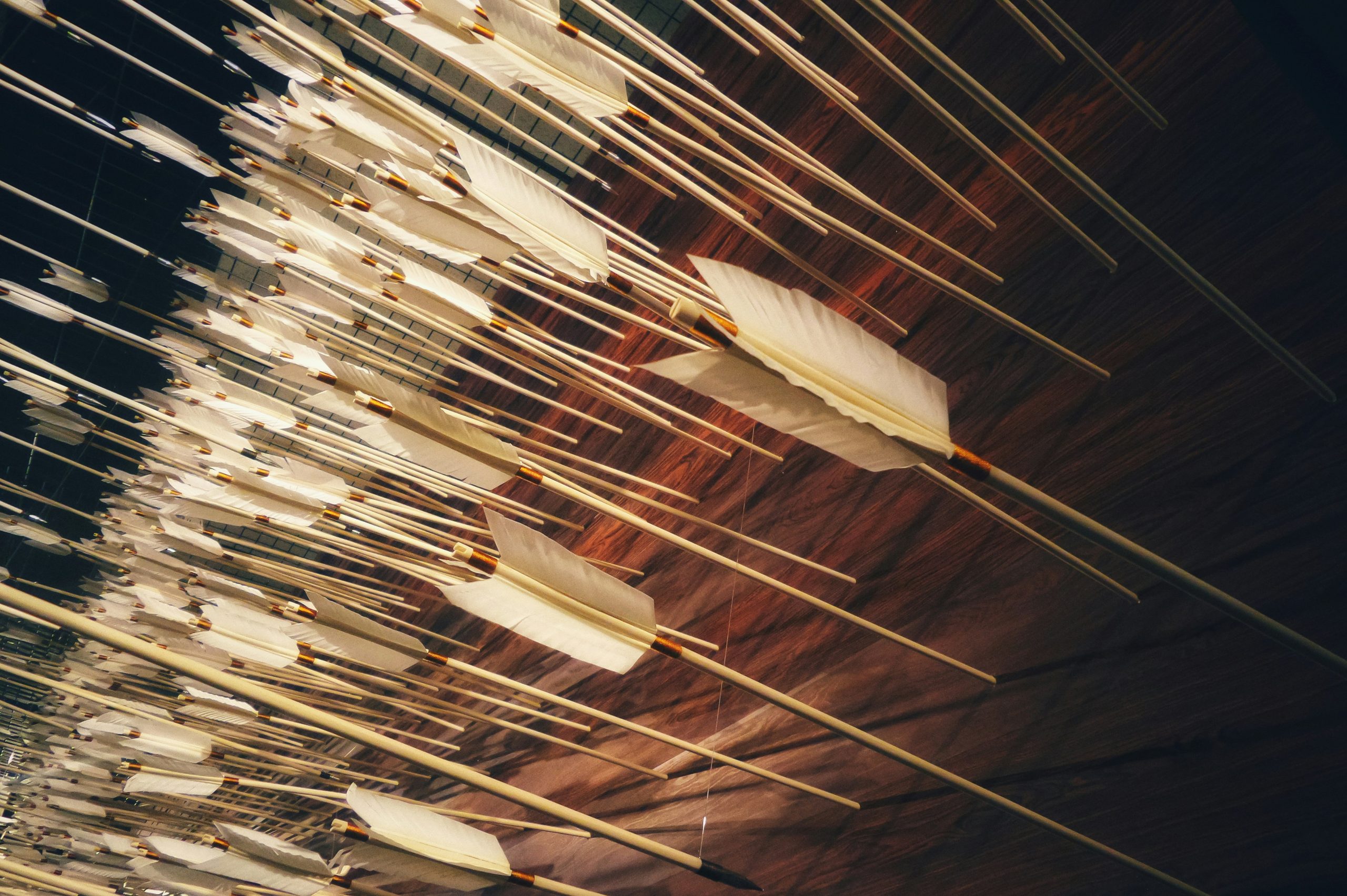
 , Mother of Believers. For weeks, she suffered in agonizing isolation as rumors consumed her reputation. Her body wasted away until she had no tears left, describing her pain as beyond any physical suffering she had endured, a soul-deep wound inflicted not by enemies but by those she considered family. The power dynamics were unmistakable: accusations flowed from those seeking to undermine the Prophet’s ﷺ mission by attacking his household, while others amplified these claims to secure their own social position.
, Mother of Believers. For weeks, she suffered in agonizing isolation as rumors consumed her reputation. Her body wasted away until she had no tears left, describing her pain as beyond any physical suffering she had endured, a soul-deep wound inflicted not by enemies but by those she considered family. The power dynamics were unmistakable: accusations flowed from those seeking to undermine the Prophet’s ﷺ mission by attacking his household, while others amplified these claims to secure their own social position.
